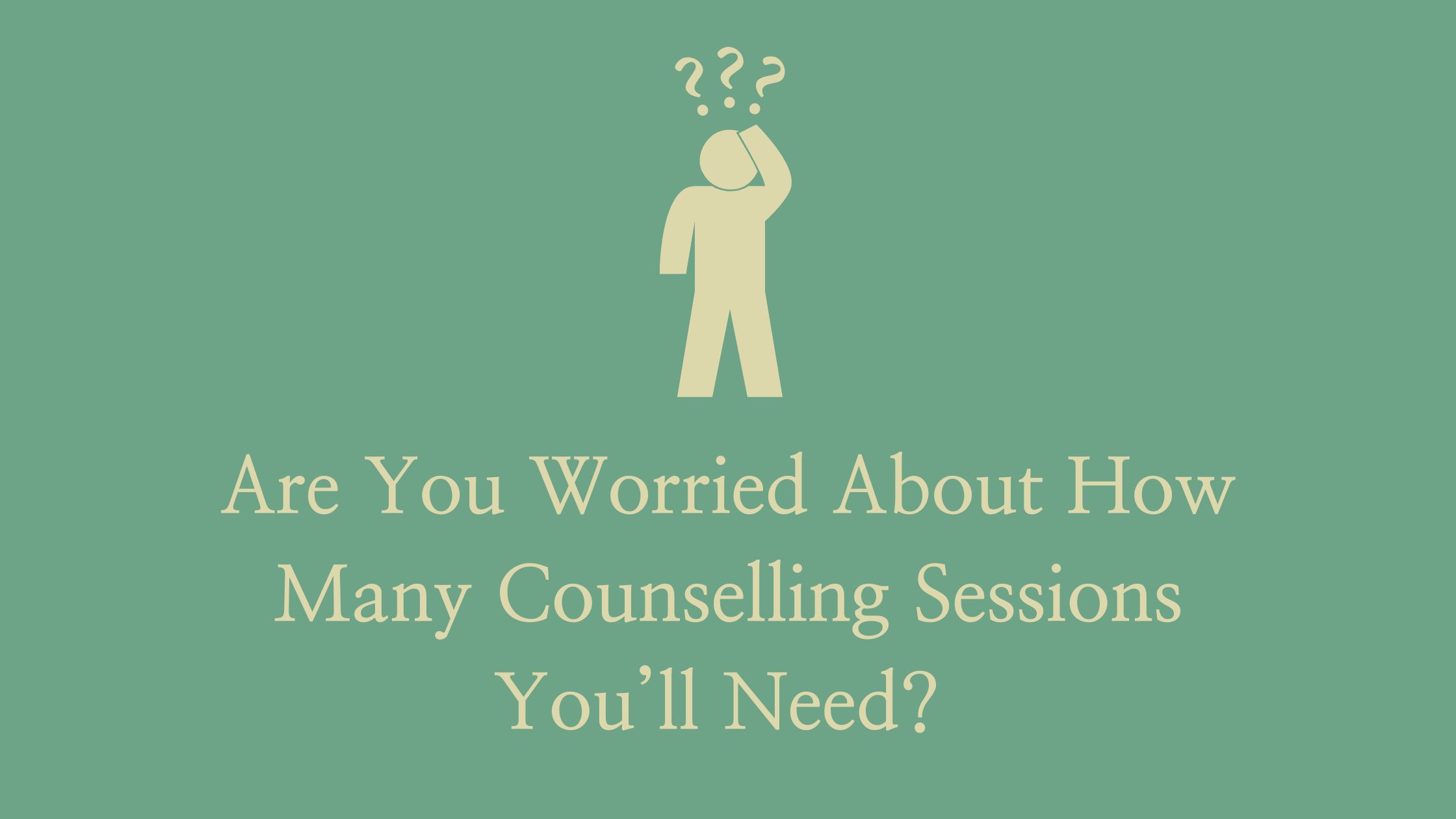
So you’re sick of feeling down and you've decided you'd like to see a counsellor. But suddenly new worries pop up: How many sessions will I need? Will I be in therapy forever?!
Here, I’ll make it clear there's no need to worry, you're in control
After my first counselling session I was so relieved that I’d done something good for myself, but almost immediately started to worry about how long this would take. What if therapy opened my own Pandora’s Box and I was stuck in it for years?
I'll even confess to worrying that my counsellor might keep me as long as they could: after all, they had to make a living. I felt vulnerable, out of control - this was new terrain and I wasn’t sure how to navigate it.
THE SAFETY NET
Those worries felt really uncomfortable, but I now know they were unnecessary. My counsellor regularly asked how I thought the therapy was going. Costs were openly discussed and they helped me work to an ending that felt both timely and therapeutic.
They were demonstrating their commitment to work ethically, and this includes ensuring that all clients are treated with respect.
I’m a member of the BACP (British Association of Counsellors and Psychotherapists) and I have to abide by their Ethical Framework. Among more than 100 clauses, this commits counsellors to avoid “exploiting or abusing clients”.
Three of the key ethical principles are to:
- “avoid harm”
- always promote “the client’s wellbeing”
- respect the right of the client to make their own choices.
Together, these commitments create a robust safety net that help prevent counsellors from exploiting clients for financial gain.
SO HOW WILL I KNOW HOW LONG I NEED?
This is difficult, there are so many variables: How difficult are things right now? How long have you felt this way? Do you want to work on something specific, or to change a variety of things?
Arguably, an issue that came up recently for you may take less time to change than difficulties that are years in the making. But even this isn't certain, as once therapy begins, you may find one problem links to another.
So, this is a grey area, but here are 7 points to help give you some clarity:
1) Let’s be clear, it’s your therapy, you have control. You can literally end when you want to.
2) There’s no long term commitment.
You can choose what to work on and how many sessions you attend. I tend to verbally agree that we work for 5 or 6 sessions and then have a review. Even then, there’s no commitment. Some clients literally take it week by week.
3) Have idea of what you want from therapy.
With a lot of my clients we agree ‘soft goals’. They may changed or be added to, but they help us know if we’re on the right track. As goals are achieved sometimes the ending becomes obvious.
4) “But how will I know when I’m ready?”
This is where I can offer support. I do regular reviews, checking in with how the work is going, and helping them see any positive changes they are making
5) We can measure your progress
I use short questionnaires that measure your mood and anxiety levels. Normally I do this every 5 sessions, but in shorter term work it can be helpful every week. This provides a clearer picture of how the therapy is going.
6) You will know when you feel ready
My overall aim is to support you to find your own resources to make positive changes. You’ll start to feel more empowered and this will help you recognise your gut feeling about whether you are ready to end.
7) We will plan for the end of your therapy
The most best endings are well planned, so I carefully work with clients towards this. I recommend having an ending session to review the work you’ve done, tie up any loose endings and celebrate your positive changes.
In this blog I hope I’ve helped you see that you are in control of the number of sessions you have, and that your therapist will be happy to help guide you in this process.
I hope you've found this useful and your therapy brings about positive change for you.
